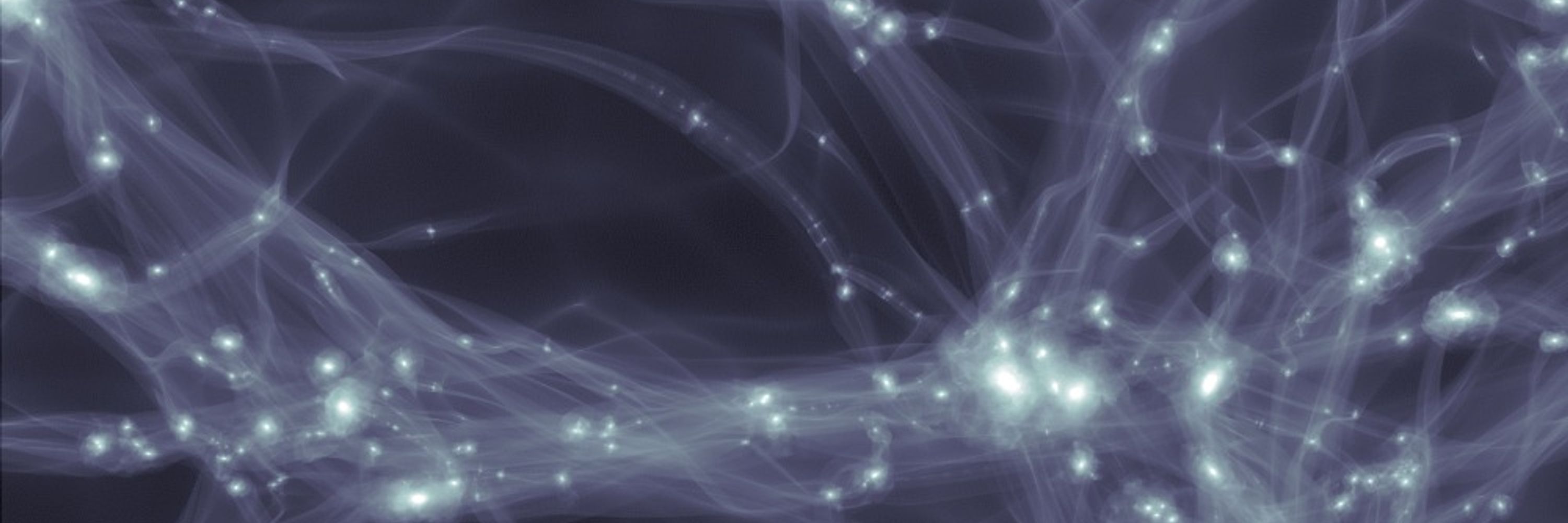
www.nature.com/articles/s41...

www.nature.com/articles/s41...
arxiv.org/abs/2405.19286

arxiv.org/abs/2405.19286
- find out how algorithms and physics combine to teach us about the universe... www.rigb.org/whats-on/uni...

- find out how algorithms and physics combine to teach us about the universe... www.rigb.org/whats-on/uni...

www.youtube.com/watch?v=iQJI...

www.youtube.com/watch?v=iQJI...


